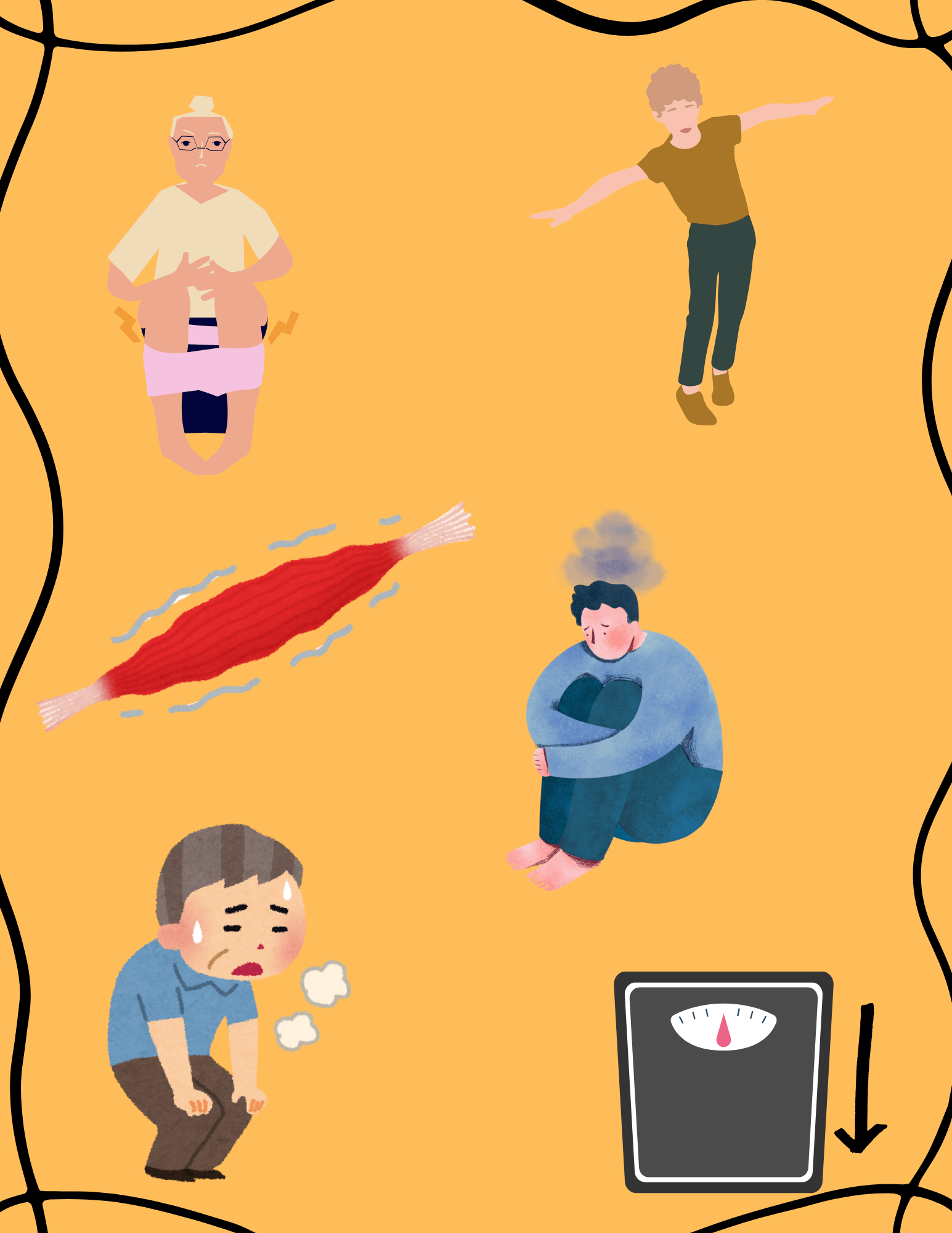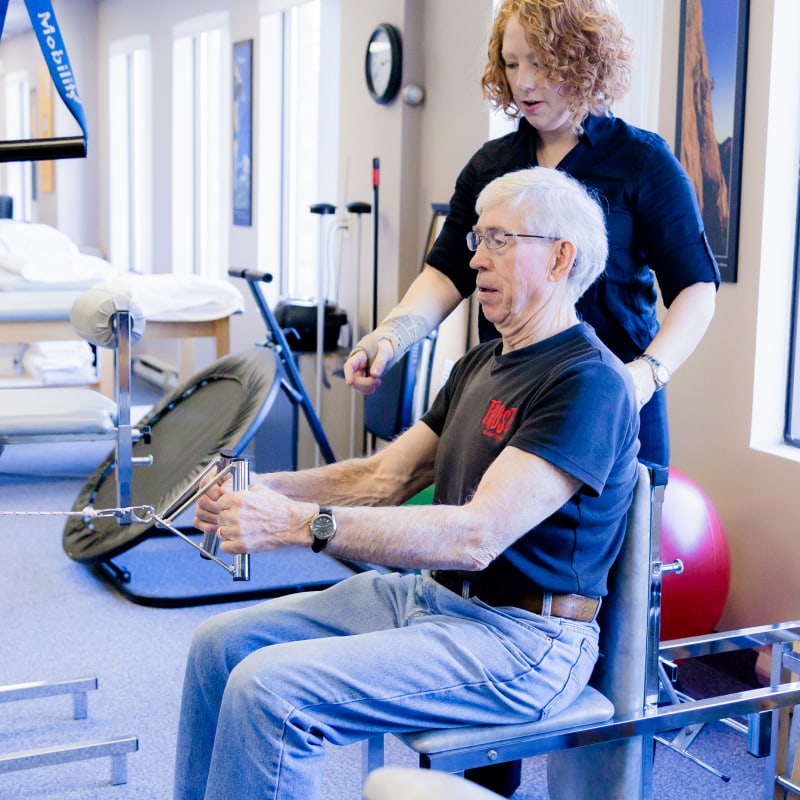What is Frailty?
Frailty is a common clinical condition that is associated with aging and therefore usually affects older adults. Frailty happens when the body becomes more weak and delicate, leading to a decline in certain physiological systems like muscle mass, energy, and cognition. This increases an individual’s risk to physical, mental, and social stressors, making them more vulnerable to things like falls, getting sick, or slower recovery rate from many health issues.
Signs and Symptoms of Frailty
Frailty isn’t the same as physical weakness, so it’s important to understand what the specific signs and symptoms of frailty are. If you have frailty you may be experiencing some of these symptoms:- Often fatigued or exhausted
- Muscle weakness or decrease in strength
- Moving slowly or have difficulties moving
- Difficulties with balance and stability
- Urinary or bowel incontinence
- Needing help with day-to-day activities (getting dressed, bathing, eating, etc.)
- Uncontrolled weight loss
- Social isolation
- Depression

Frailty Isn't Inevitable
Although frailty is common, it isn’t inevitable and it can be preventable. Frailty can be prevented by maintaining healthy lifestyle habits, seeing your doctor regularly, and most importantly, staying physically active. These steps can also be beneficial if you already have frailty as it can slow the progression or even reverse it.
The Power of Strength Training in Aging
‘Strength’ or ‘resistance’ training is often misunderstood to be too dangerous, not beneficial, or too late to start for older adults. This is all wrong! You can start strength training at any stage of life at any level of intensity and still experience positive results. Strength training is also safe and highly beneficial for older adults, especially those with frailty. Benefits of strength training for older adults include
|
|

Physiotherapy's Role in Frailty Prevention
Physiotherapy can play a vital role in both the prevention and management of frailty, helping older adults maintain strength, mobility, and independence. Through individualized assessments and evidence-based exercise programs, physiotherapists focus on improving physical function and reducing the risk of falls or injuries.
At Motion Works Physiotherapy in Stittsville, our physiotherapists develop personalized treatment plans tailored to each person’s abilities and goals. These programs often include strength and resistance training, balance and coordination exercises, mobility work, and functional retraining to support daily activities.
In addition to physical exercise, physiotherapists can also provide education and lifestyle advice to help clients manage fatigue, optimize nutrition, and build confidence in movement.

- Restore and maintain muscle strength
- Enhance balance and stability
- Improve endurance and mobility
- Reduce the risk of falls and related injuries
- Support independence and quality of life
Physiotherapy is not just about treating frailty, it’s about empowering older adults to move with confidence, stay active, and live life to the fullest. Contact Motion Works Physiotherapy in Stittsville to learn more about how our team can help you maintain your strength, independence, and quality of life at every stage of aging.

